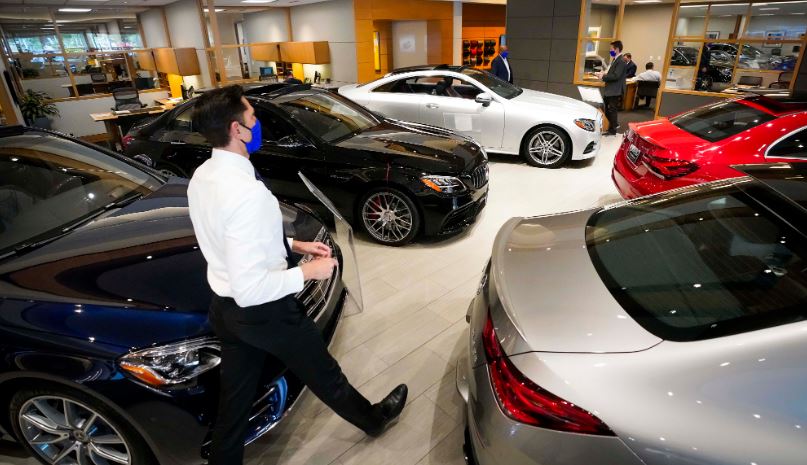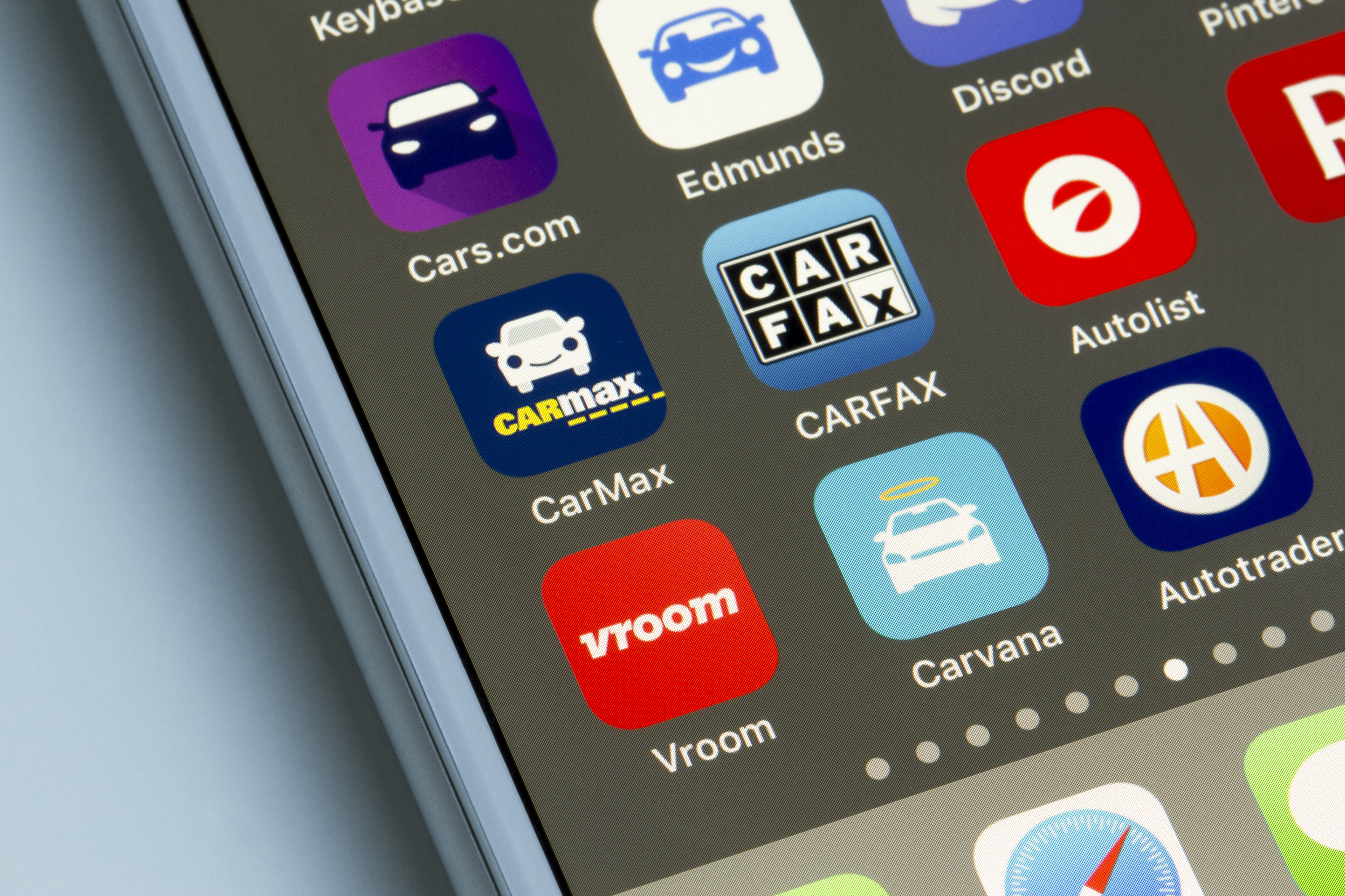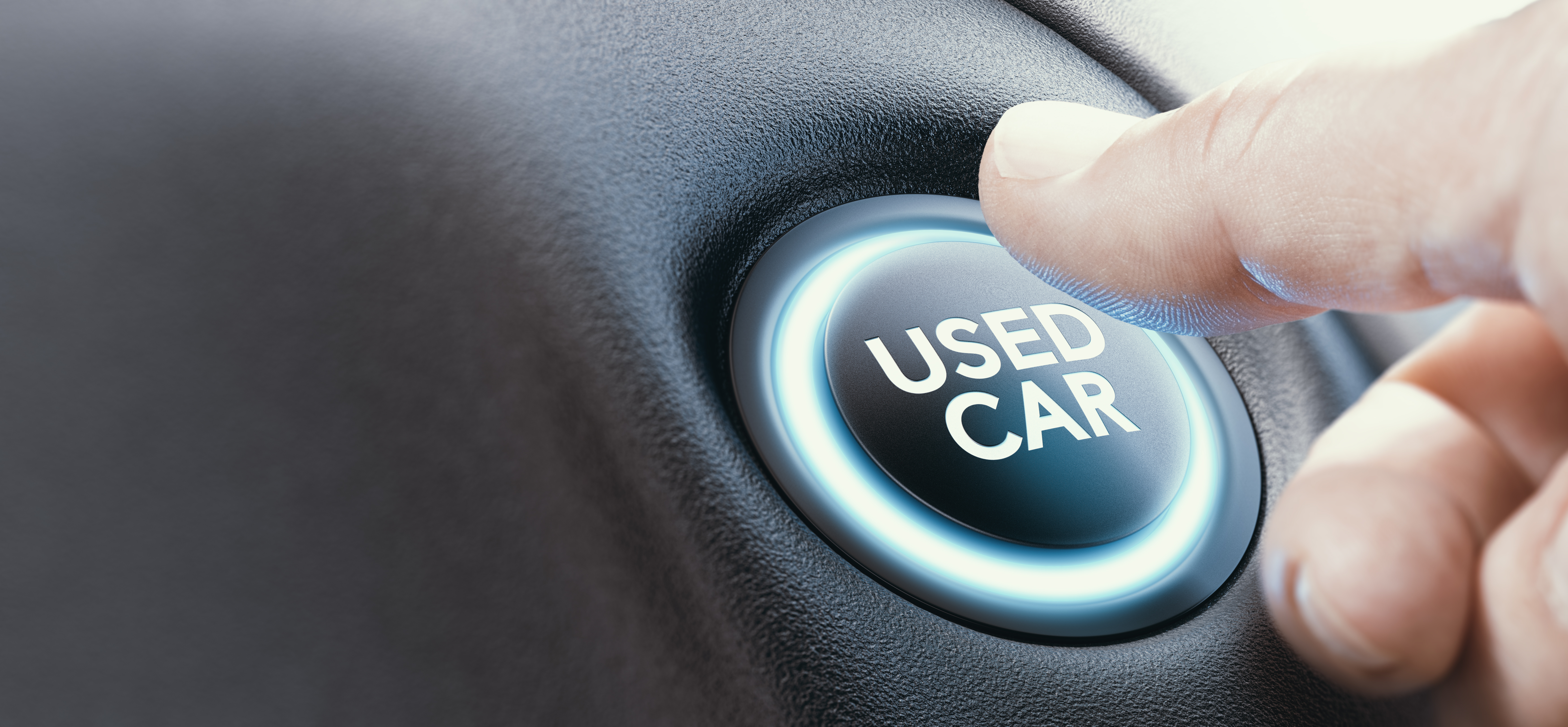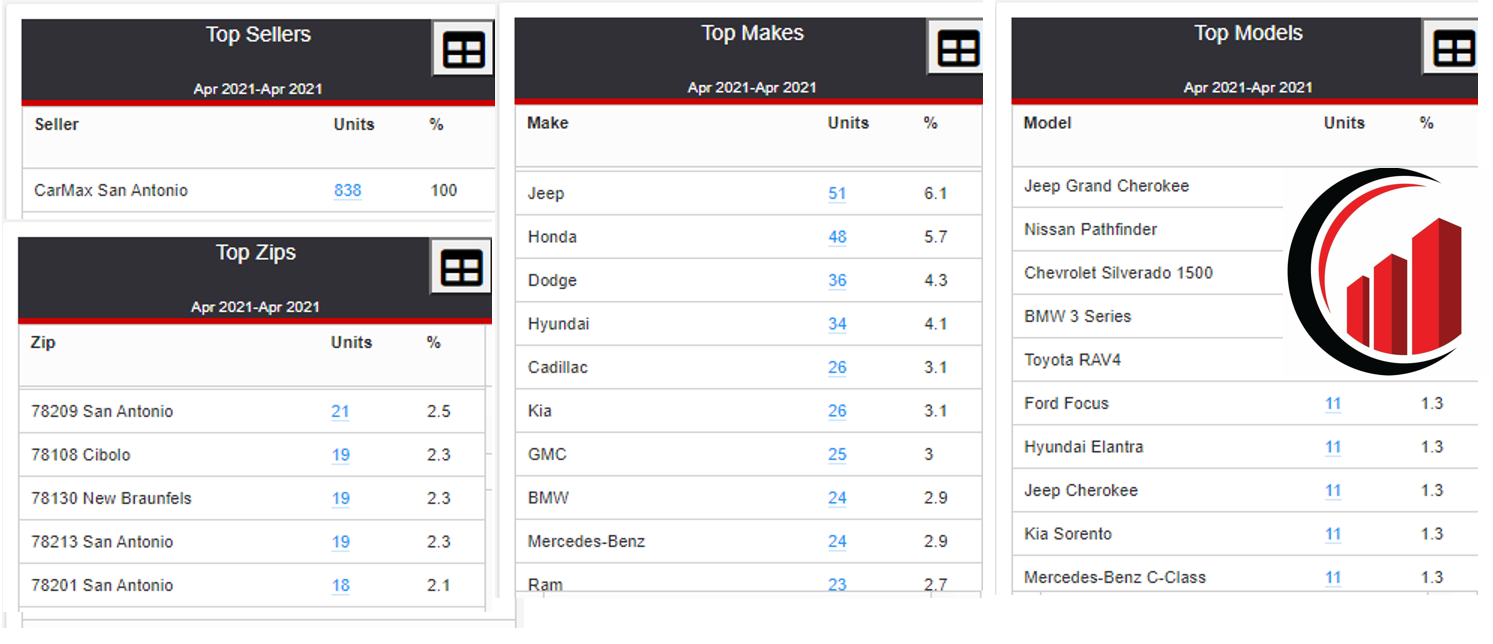The past year saw the closure of thousands of dealerships across the United States. Now that we’re starting to recover, the power struggle between online sales and revitalized dealerships is more fraught than ever.
Surveys suggest that 18% of auto buyers would buy sooner if there were an online purchase option available to them. Today’s customers are also more informed, more cautious, and even more determined to find the best deal.
According to The Annual Automotive Franchise Activity Report, the number of new-car dealerships in the United States has fallen for the first time since 2013.
On a national scale, this decrease is probably no reason to panic. But for small dealerships all around the country, this statistic may feel like the canary in the coal mine. With city and state migration higher than ever, population numbers are in flux. Far too many businesses have been forced to shut down due to the lack of demand in their areas.
How do you resist these sorts of stats in order to stay afloat within the automotive industry? Well, the real answer is you don’t. Instead you use them to your advantage.
The auto sales industry is not new to disruptions and rapid shifts. The past five years alone saw major economic fluctuations, the birth of ride share apps, and the growth of online automotive sales. Still, the dealership model remained strong.
Then the COVID-19 pandemic hit. Overnight, traffic dropped over 70% in major cities and worldwide manufacturing ground to a halt.
With vehicle brand ads consuming over 60% of commercial air space in the USA, it’s easy to assume the new car market is on the rise. The truth, however, is that the used car market is now nearly twice the size of its shinier counterpart—with no sign of slowing down.
Americans are passionate about their hometowns. Folks in Dallas don’t usually spend their days overly concerned with what’s going on in Houston, so why should you? Local markets are naturally fed by local customers, right?
In Part 1 of this blog series, we spoke about the used vehicle market and the evolution of Carvana in the overall market. In this series, we'll share an inside look at the used vehicle sales data from big states with a heavy Carvana presence and how the dealerships within those states are stacking up.
Whether traditional retailers are fans or foes of the Carvana business model, consumers are gravitating towards this buying experience and other players are jumping on the bandwagon. In 2018, Carvana was reported as the fastest growing used car dealer in the United States. Since then they have increasingly continued their growth across the country with used car sales soaring. If Carvana continues to perform as they have, they will surpass all other used car retailers like Off Lease Only and CarMax, and start cutting into the traditional retailers used car market share and most importantly - profitability.
The days of making company decisions purely on a whim are long gone. In the current data-based era, companies can make swift decisions based on more than just intuition and observation. Data-based decision making is becoming increasingly popular amongst businesses. Although data-based decision making originally became popular amongst educators, it has reached nearly every industry including automotive. Without a doubt, the concept of data-based decision making is fueling the competitive advantage companies seek in today’s economy.
Cross-Sell provides industry- specific insights that help automotive dealers, media and financial institutions make better business decisions. Whether you are an automotive dealer, a media company, or a lender, Cross-Sell can be used to achieve your specific revenue goals. Dealers using Cross-Sell Interactive® understand their local markets in detail, identify trending models, and increase market share. Media companies can target the right audience to drive more automotive sales. Auto Lenders can discover new lending opportunities within their local markets.




.png)







